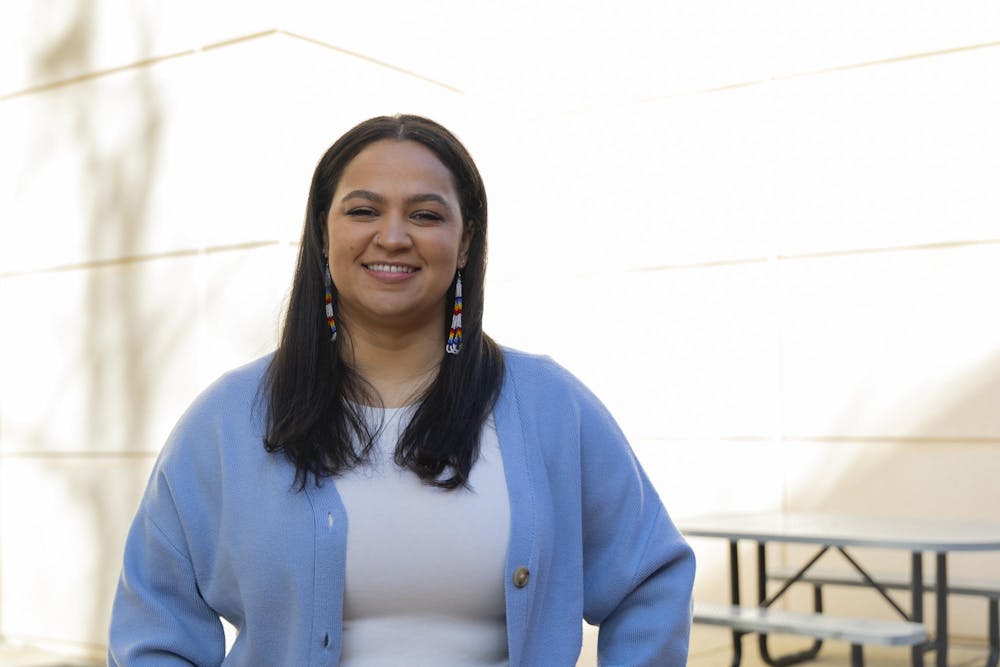This article is part of the Mental Health Collaborative, a project completed by nine North Carolina college newsrooms to cover mental health issues in their communities. To read more stories about mental health, explore the interactive project developed specifically for this collaborative.
Carolina Indian Circle hosts healing circles once or twice every semester, giving Native American students a medium to discuss tragedies or triumphs, academics or relationships — or anything that comes to mind.
Alicia Freeman, the Mental Health First Aid program manager at the UNC School of Social Work, leads the discussion. She said culturally relevant practices like healing circles are just one aspect of a holistic approach to mental health care for Native Americans.
Culturally relevant practices take into account cultural stressors, which are unique to Native American experiences, Anna Kawennison Fetter, a postdoctoral fellow in the UNC Department of Psychology and Neuroscience and a member of the Saint Regis Mohawk Tribe in New York, said.
Cultural stressors in Native American communities can look like discrimination, historical grief or trauma and lack of visibility in spaces like universities, Fetter said. Mental health professionals familiar with local tribes and their history are able to provide Native American clients with more conscious, nuanced care, she said.
“Can they work with clients in a manner that's congruent with the client's worldview and perspective?” she said. “Can they have a conversation about what type of help is most supportive to the client?”
She said Native American students at UNC have advocated for culture-responsive therapy services, though it has yet to be supported institutionally, making Fetter’s independent counseling and Freeman’s healing circles some of the few culturally relevant practices available on campus.
Freeman grew up in a rural area in Columbus County, in one of the communities of the Waccamaw Siouan Tribe of North Carolina.



